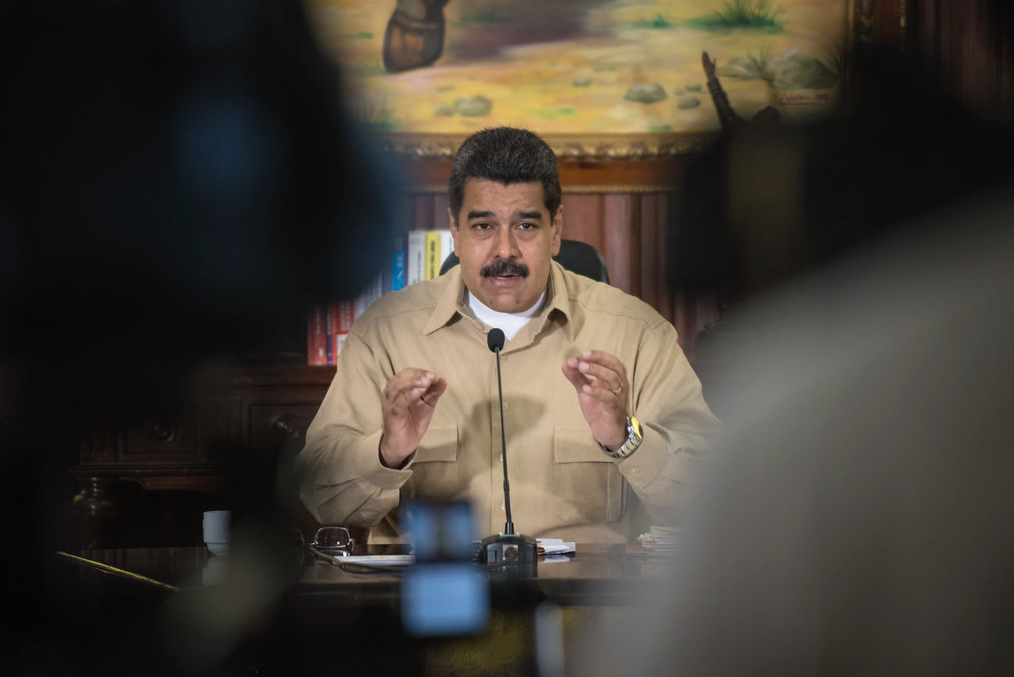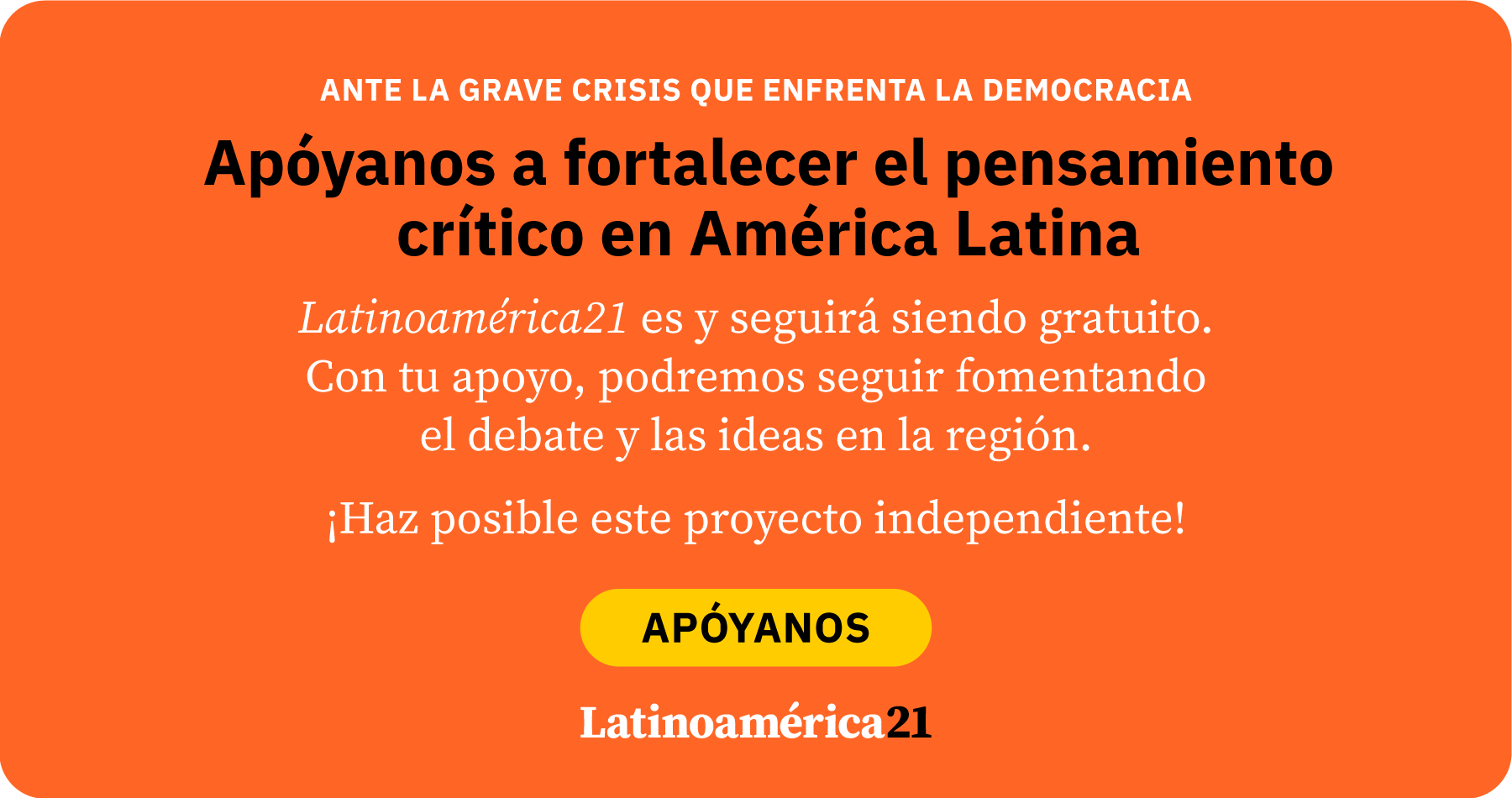Lo verdaderamente importante en la política no es siempre lo que se dice, sino lo que se calla. Son los silencios los que le dan peso a las palabras. Por decirlo de otra manera: es lo que no se dice sobre Venezuela, así como los que deciden no decir, lo que condena a Venezuela.
“No hay fraudes de derecha ni de izquierda. Hay fraudes”, dice acertadamente Sergio Ramírez. Lo dice en un texto que titula “Esa película ya la he visto”. El título no implica solo al autor nicaragüense, víctima de otra dictadura igual o peor que la venezolana, sino a, por lo menos, el resto de latinoamericanos. Porque esa película la hemos visto muchas veces y en muchas partes. No solo la película del fraude y de las tropelías que cometen los dictadores que reaparecen constantemente en esas latitudes, sino la película de los que callan.
Tal es el caso de los que, si bien han hablado, también han callado tímidamente ante las brutalidades cometidas por Nicolás Maduro y su pandilla, antes, durante y después de las elecciones. Hablo de México, por ejemplo, en donde el presidente López Obrador ha señalado que es necesario aclarar el resultado de las elecciones —como si desconociera las trampas del dictador venezolano—, y ha tratado de evitar a toda costa una condena firme del asunto. Lo mismo con Claudia Sheinbaum, sucesora de López Obrador, quien, quien imitando el estilo de este, también se ha negado a reprobar las acciones del tirano. Aboga por no intervenir —aquí calla—, pero López Obrador no tuvo ningún interés en dejar de criticar y cuestionar cuantas veces pudo –aquí habla– al gobierno de Perú, luego de la destitución del presidente Pedro Castillo.
Argentina, Uruguay, Costa Rica, Estados Unidos. Todos ellos hablaron. Por ahora. Si algo comparten esos dos grupos llamados izquierda y derecha son los silencios. Si mañana —porque siempre vuelven— un dictador ahora de derecha comete un acto igual que el de Maduro, seguramente la derecha callará. No hay silencios de derecha ni de izquierda. Hay silencios.
Pero otros han hablado: el presidente chileno, Gabriel Boric (quien en su pasado había alabado al chavismo), condenó las actitudes antidemocráticas de Maduro. Más allá de sus aciertos y errores —más allá de una cuestión ideológica—, habló y condenó, y hay que reconocerlo. Es cierto, también otros han hablado: Evo Morales, por ejemplo, respaldó al tirano venezolano. Díaz Canel, el homólogo cubano de Maduro —entiéndase homólogo en términos de tirano—, como era de esperarse, también lo respaldó. Ellos hablaron. Pero como se señaló en un principio, lo verdaderamente importante en la política no es siempre lo que se dice.
La oposición venezolana ha tenido que callar. No obstante, tal y como han estado acostumbrados, su silencio ha sido trabajado. Por eso, cuando hablan hay que escucharlos. El dictador Nicolás Maduro persigue, encarcela, hostiga, pero Venezuela grita. Y grita así de fuerte, porque le han buscado imponer el silencio. Un silencio del que también son cómplices las instituciones chavistas, como el Centro Nacional Electoral, que ha callado cuando el dictador le ha indicado, y solo hablará cuando el dictador le diga que hable. Silencio del que también gran parte de la comunidad internacional ha sido cómplice, como cuando, más allá de ínfimos reclamos, la líder de la oposición María Corina Machado fue inhabilitada como candidata, y se repitió una vez más la persecución hacia cualquier aroma opositor. Porque la naturaleza propia del chavismo es la imposición.
Desde afuera somos testigos del declive de una nación a causa de bribones que continúan con el asalto democrático al costo que sea. Desde afuera hemos visto el cuerpo enfermo, que había dado una y mil señalas de su enfermedad y que ahora agoniza, y solo entonces ahora, de verdad, se le quiere tratar. Claro, es fácil hablar cuando no se es perseguido. Sin embargo, pase lo que pase con el dictador venezolano, esta ha sido una consecuencia del silencio. Impuesto, decidido, o ignorado. No hay silencios nacionales ni internacionales. Hay silencios.
Solo la historia no callará.












